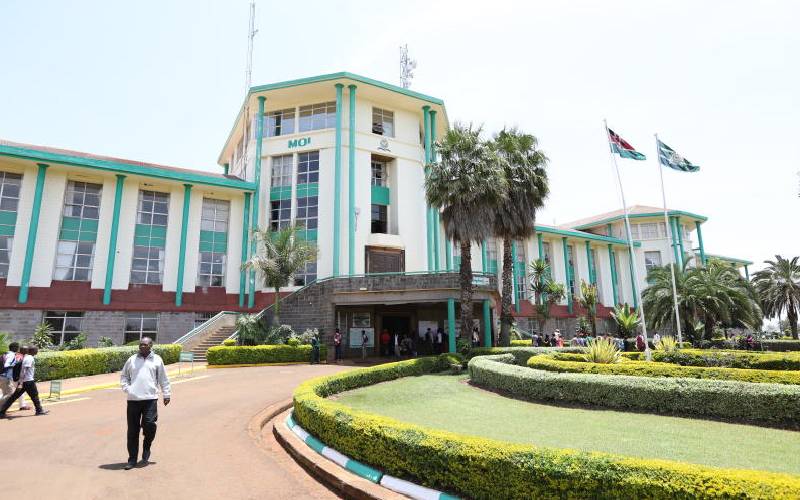×
The Standard e-Paper
Join Thousands Daily

Moi University-Main Campus Administration Block at Kesses in Uasin Gishu County. [Kevin Tunoi, Standard]
Moi University was once one of the most sought after universities in Kenya. Those who studied at the university in the 80 and 90s found pride in associating themselves with it.